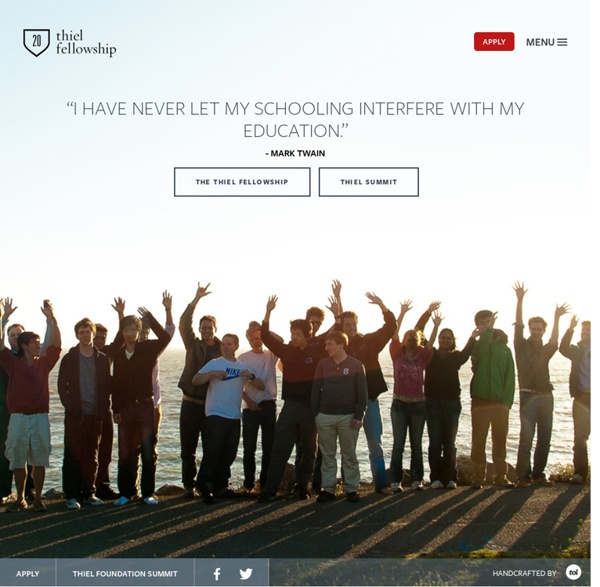



:zenhabits archify - capture everything, find anything Piezoelectric echolocation and detonation device How to Learn (Almost) Anything This is a guest post by Glen Allsopp of PluginID. Have you ever read an informative book, only to later remember just a few main points — if anything at all? The problem might be that you’re using one of the least efficient ways of learning available. The Cone of Learning I remember back about 7 years ago when I was taking music lessons at school, there was a poster on the wall that really grabbed my attention. To be fair, it wasn’t difficult for a random object to attract your gaze as our Scottish teacher at the time didn’t have much in the way of keeping you interested. Image Credit After doing some research, I found that the contents of that poster were based upon the work of Edgar Dale back in 1969. Today, many of you may know this as the Cone of Learning, but beware: although the cone is in fact based upon the results of Dale’s research, the percentage figures were never actually cited by Dale, and added by others after the initial investigation. Based on the research we can see that:
Thorium reactors Medida certa para unir ensino tradicional e on-line Intrigada com as inovações que a inclusão de atividades virtuais poderia trazer para a educação básica, uma pesquisadora do Innosight Institute, dos EUA, resolveu mapear modelos usados em 40 escolas americanas que tinham alguma proposta digital. A pesquisa mostrou que, apesar do amplo uso dos computadores no espaço escolar, a maior parte das instituições ainda não conseguiu explorar o potencial das novas tecnologias. O formato mais encontrado por Heather Staker no estudo foi aquele em que o aluno tem aulas presenciais tradicionais e busca complementar seu aprendizado por meio das plataformas disponíveis on-line. Nele, a interação entre os dois momentos é baixa, mas é um primeiro passo para a adoção das novas tecnologias em sala de aula. Segundo a especialista, esse modelo é um exemplo, ainda que rudimentar, do que chama de blended learning. A preocupação de colocar o aluno como protagonista do aprendizado não é apenas de Staker ou das 40 escolas americanas que a especialistas monitorou.
PELD Dev O Programa | Lemann Fellowship Quem somos O que fazemos Novidades Imprensa Destaque do site O que fazemos Destaques Novidades Cadastre-se para receber as novidades da Fundação Lemann Fale conosco: contato@fundacaolemann.org.br facebook Youtube twitter Twitter Participe do Hackaton: maratona de programação para criar projetos que visem a transparência de informações públicas. fazer parte de nossa equipe? Vídeos Curta nossa página Quem somos O que fazemos Imprensa Novidades Trabalhe conosco